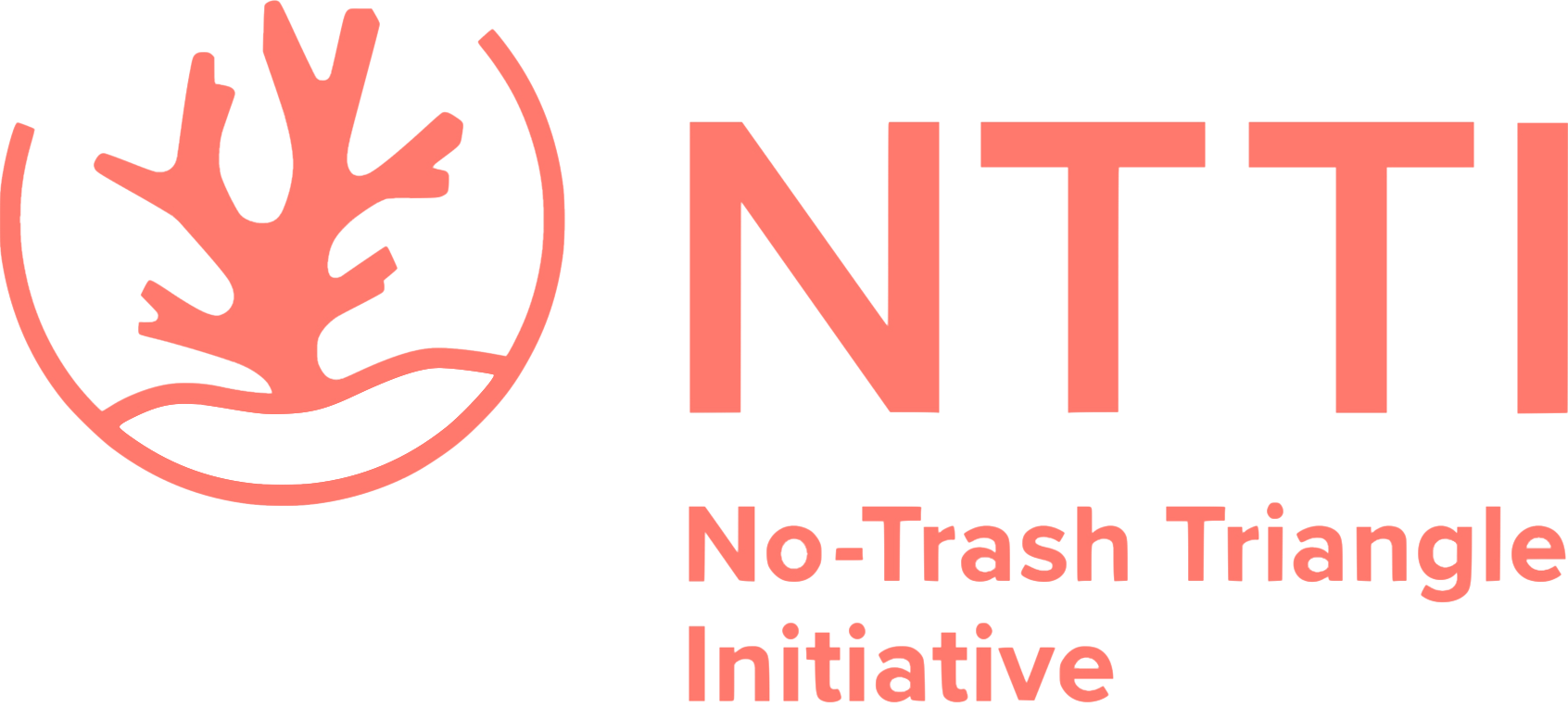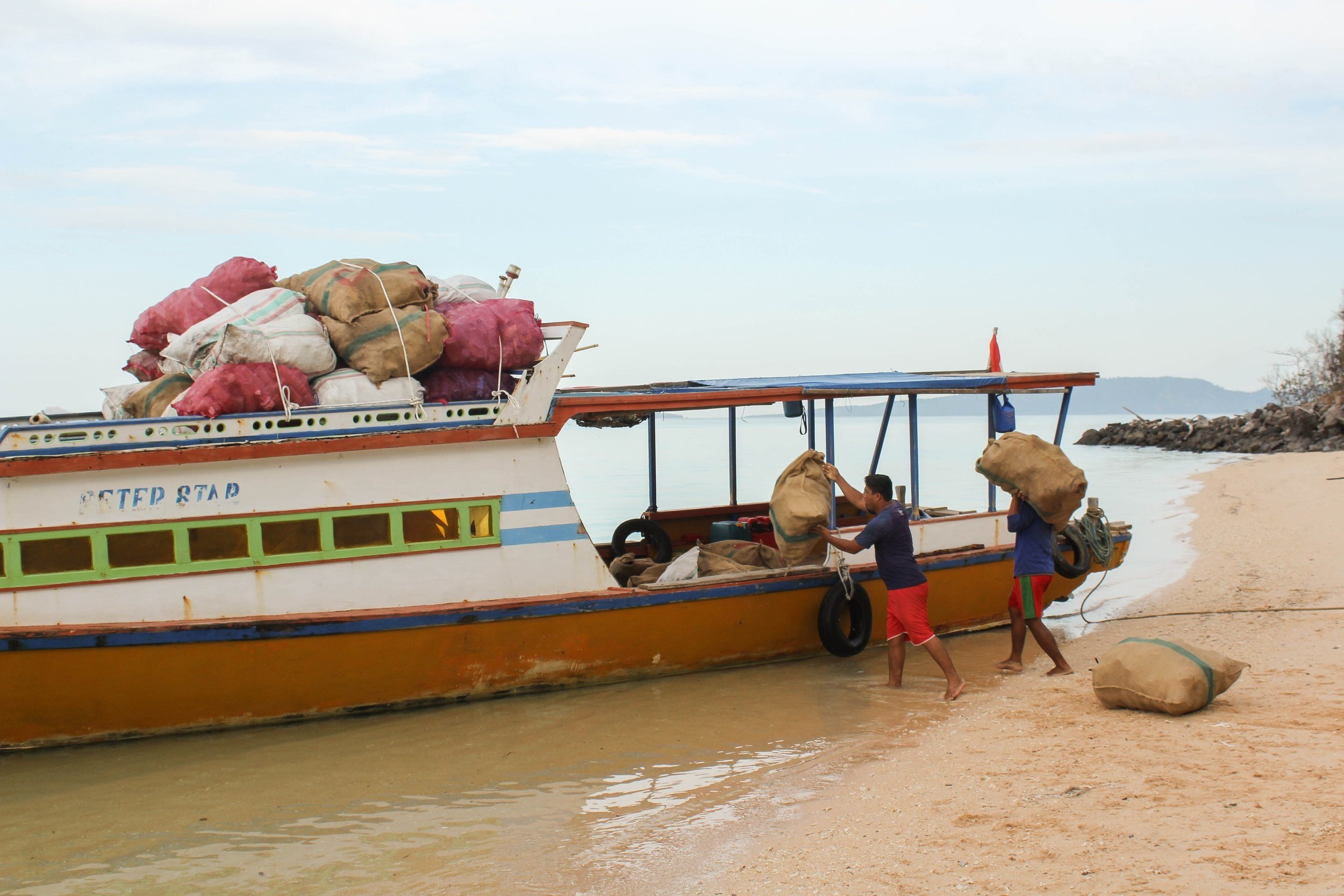Partnering with CleanHub and PRLS to expand our waste management program
We’re partnering partnership with CleanHub and Plastic Recovery: Land and Sea (PRLS) to expand our of waste management program across the North Sulawesi archipelago in Indonesia. Since 2017, we’ve been trialling our waste collection and recycling model on Bangka Island, gathering learnings and building our network. We’re now ready to to scale our model through and dramatically decrease the amount of plastic entering the North Sulawesi seas.
We’ve been working hard for the past 5 years but despite our best efforts, healthy coral reef cover has dropped by 14%* in the past decade. Plastic plays a key role in the destruction of these habitats, blocking out oxygen and light or physically cutting or breaking these ancient organisms. Urgent intervention is needed and we’ve decided to scale up our efforts to increase our impact in response.
We’ve worked with Amelia Tungka of CV Daur Sinar Gemilang in Manado since 2018. Together, we’ve established a transportation and processing network which collects waste from islands across the region, taking it to the North Sulawesi mainland where the recyclable waste is either locally recycled or sent to Java for recycling. Money received for the recyclable plastic is then reinvested back into the network, paying for transportation and other costs, creating a sustainable waste management model. So far we’ve collected and processed more than 16 tonnes of plastic from Bangka’s beaches.
Amelia says, “We’ve built a model that uses local networks and works with local communities to change behaviour and develop accountability. As a local business owner, I know how difficult it can be to properly manage plastic waste. The No-Trash Triangle Initiative wants to change this and make a real lasting difference.”
Now, we’re turning our attention to non-recyclable waste. Typically this waste has been sent to a public dump in Manado. However, as we scale up, we’re starting to employ innovative waste treatments to reduce the amount of plastic consigned to landfill. Partnering with CleanHub means that low value plastic, traditionally defined has “non-recyclable”, can be sent to a co-processing plant, converted into Alternative Fuels and Raw Materials (AFR) and used in the cement industry as fuel. Using an app Cleanhub have developed, the Initiative will ensure that the entire process, from waste collection to processing, is fully traceable. We’ll also use a handheld device and app developed by TrinamiX to identify and sort the plastic waste. Utilizing these new technologies massively increases the potential impact we can have as we expand across the region. Transforming low value plastics into a valuable fuel source is an important step in building a circular economic model. As chemical recycling of plastics scales up in Indonesia, we will continue to increase the volume of low value plastics that are chemically recycled.
Using science, innovative technology and partnering with local businesses, communities and expert NGOs, we' will continue to roll this model out across the region.

